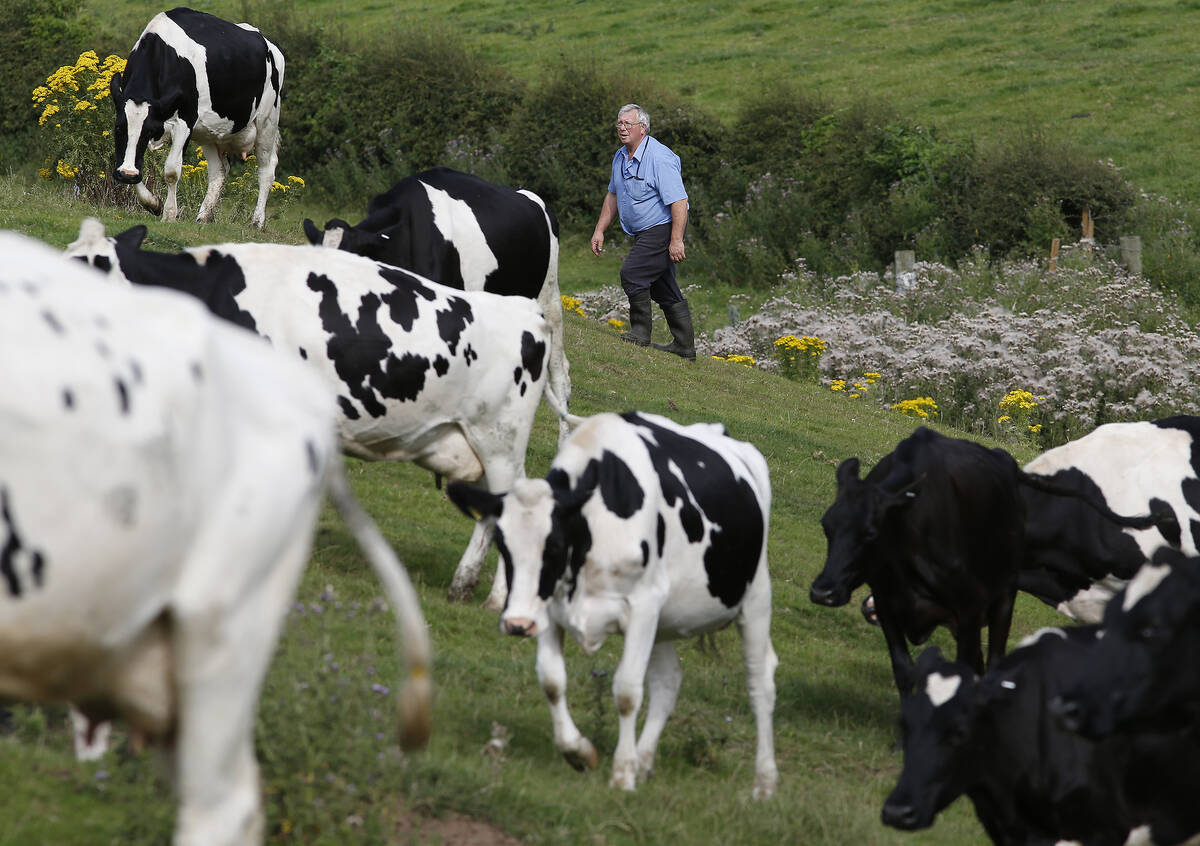- ACER Consulting
- Posts
- Field Notes Issue 27
Field Notes Issue 27
September 2025
🍂 Welcome to September
September always brings a sense of change—new semesters, shifting routines, and fresh starts. For many of our partners in academia, it’s the beginning of a busy season, and the same is true for us! We’re excited to officially welcome Dr. Claire Windeyer as she begins full-time with us this month, and we have a full calendar of travel and projects ahead this fall.
Lots of change and lots to look forward to, so make sure to stay tuned!
ACER’s Steve Roche Interviewed By Farmtario
”Knowledge in agriculture should flow both ways - not just top-down.”
Check out this Farmtario article where Steve talks about the challenges with knowledge mobilization and extension in Canadian agriculture.
In Canada, much of our outreach is run through commodity “silos” — funded and directed by commodity-specific industry groups.
One example of a different way is the UK’s AHDB - Agriculture and Horticulture Development Board, which is funded by farmers across crop, livestock, and regional lines. While not without its own challenges, AHDB places strong emphasis on farmer-to-farmer learning, face-to-face dialogue, and practical knowledge exchange.
“Canadian extension still follows a largely top-down model,” says Roche. “Information flows from researchers to commodity groups to farmers. These strategies work - but they’re not the only way.”
While our contexts differ — Canada’s vast geography and diverse climates create unique challenges — a more integrated, collaborative approach could strengthen producer buy-in and real-world adoption of research.
Read the full article below!
What Are We Reading This Month?
Exploring the legitimacy of industry-led farm animal welfare governance using examples of Canadian and United States dairy standards
Citation: Kuo, C., Weary, D. M., Roche, S. M., & von Keyserlingk, M. A. (2025). Exploring the legitimacy of industry-led farm animal welfare governance using examples of Canadian and United States dairy standards. Animal Welfare, 34, e22.
In a nutshell: This paper examines the legitimacy of industry-led farm animal welfare governance by looking at the Canadian proAction initiative and the U.S. Farmers Assuring Responsible Management (FARM) program. Using a public values framework, the authors analyze how these programs align with societal expectations around animal welfare. They find that while both initiatives provide some transparency and standardization, there are concerns about whether they adequately reflect public values, particularly around independence and accountability. The study highlights that legitimacy is not just about technical compliance, but also about whether the governance process is perceived as fair and trustworthy. The authors suggest that for industry-led standards to gain and maintain legitimacy, they need stronger mechanisms for public engagement, independent oversight, and responsiveness to evolving societal values. Ultimately, the paper positions legitimacy as a key factor in the long-term effectiveness of farm animal welfare governance in Canada and the U.S.
Real-World Resources
Lactalis Canada: Healthy Cows and Sustainable Farms
Check out two new resources developed in partnership between ACER Consulting and Lactalis Canada. The factsheet provides a general overview of the link between cow health, longevity, and sustainability, while the Technical Note does a deeper dive into the research and what advisors can do to support producers. Both are now available now on the Lactalis Canada website to help producers strengthen herd well-being and environmental performance. Key Takeaways include:
✅ Healthier cows means lower emissions due to better efficiency in feed use, digestion, and productivity.
✅ Common health problems like lameness, mastitis, and ketosis increase emissions.
✅ Longer cow lifespans is one way to reduce resource use and emissions.
✅ Health management is key, and veterinarians and advisors can help improve health through disease prevention, early detection, and better management practices.

